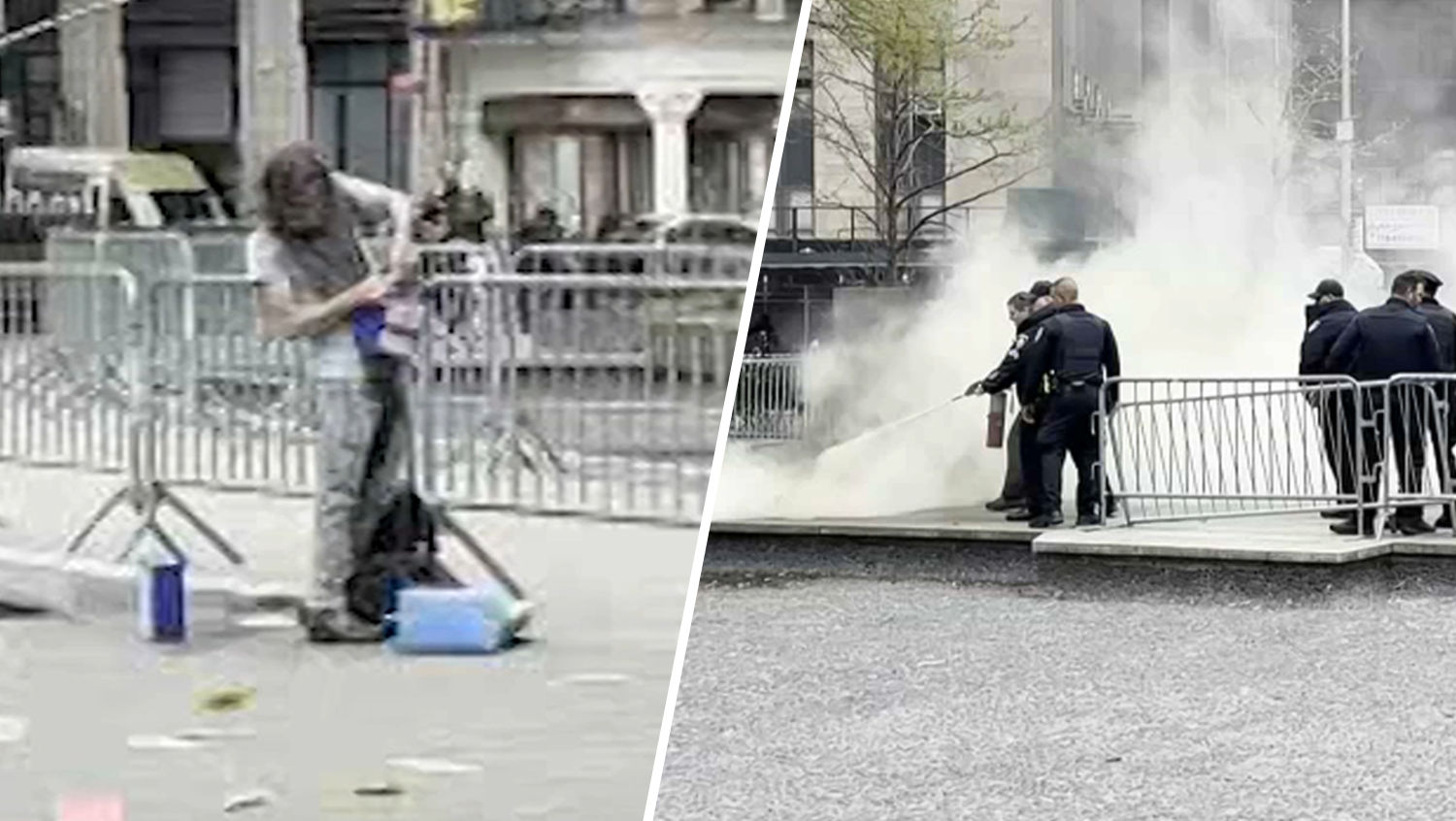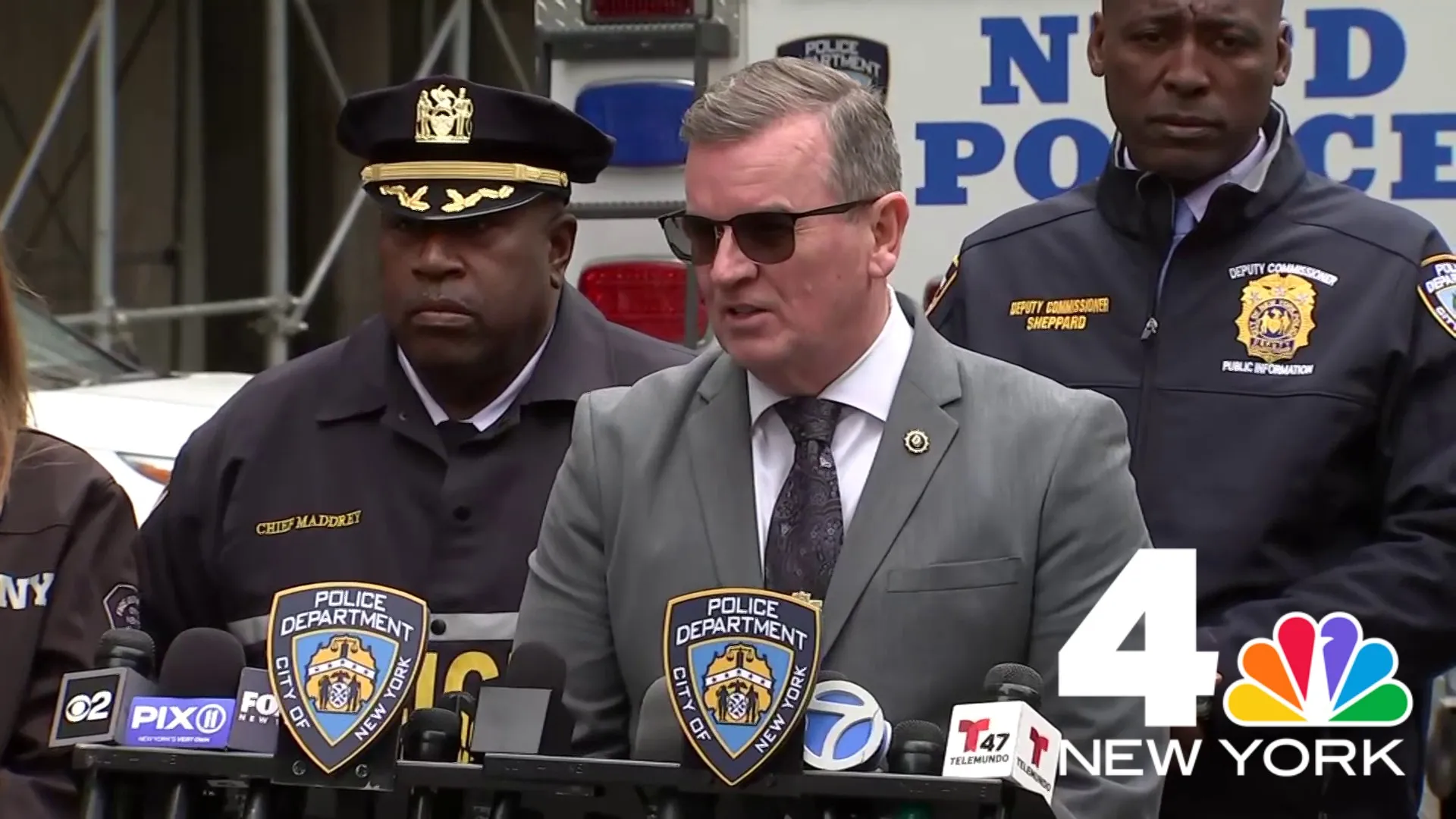The Staten Island Ferry suspended service until 6 a.m. Thursday and is now running on an hourly schedule because a "significant number" of workers called a day ago. It wasn't immediately clear why.
The overnight service outage was announced shortly after midnight when the city said that the boats would run hourly until 2 a.m., and then halt entirely for four hours. The first boat left from St. George's Landing on Staten Island (a short walk from the Staten Island Ferry terminal) at 6 a.m., and is operating hourly between that location and the Battery Maritime Building next to Whitehall Terminal in lower Manhattan, according to the city.
With the major disruption in Staten Island Ferry service, NYC Ferry (which is separate from the Staten Island Ferry) said in a series of tweets that it would be offering additional and modified service at no cost for riders.
Get Tri-state area news and weather forecasts to your inbox. Sign up for NBC New York newsletters.
NYC Ferry also said that it would be continuing service throughout Thursday, providing service every 10-15 minutes during the morning and evening rush hours. Outside of those times, ferry service would be offered every 15-20 minutes, but advised that their ferry boats are far smaller than the Staten Island ferry, and that boarding would be on a first-come, first-serve basis.
The cancellation and reduction in service comes after a "significant number" of Staten Island Ferry workers did not show up for their shifts on Wednesday. It was not immediately clear why there were so many absences, but it impacted the evening commute home for many.
Mayor Eric Adams went to visit the ferry terminal in Manhattan during the evening rush hour, and said he hoped service would be back to normal at some point in the morning.
News
Staten Island City Councilmember Kamillah Hanks issued a statement on the disruption in service, saying that the "announcement of hourly ferry service speaks to a greater problem at hand: an outrageous and longstanding shortage of ferry workers." She went on to say that "issues of pay parity MUST be addressed in order to bring more staff in — and avoid further shortages that impact our transit system so deeply."



